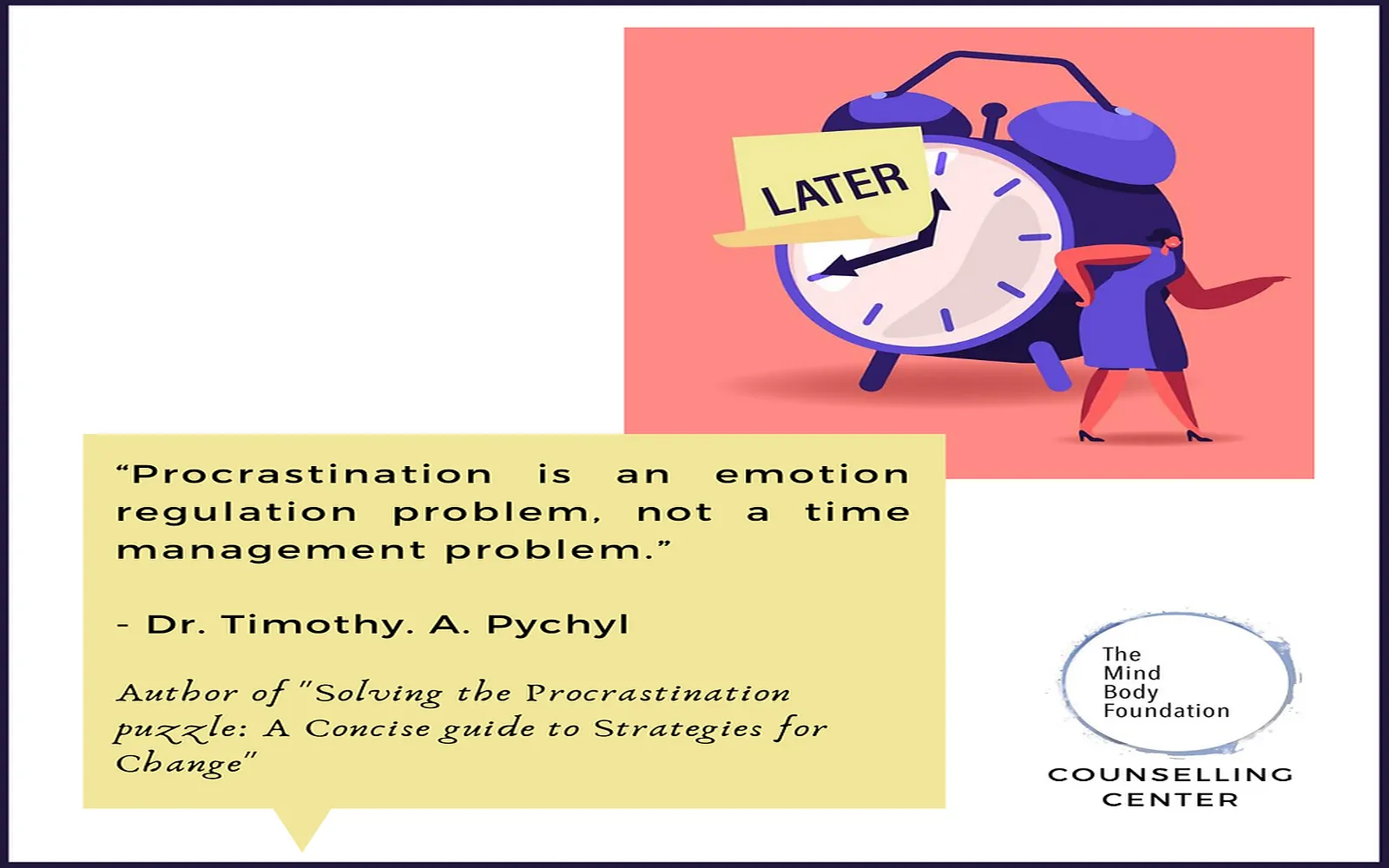Understanding Procrastination
Procrastination is often viewed as a time management issue, but research suggests it is fundamentally an emotional challenge. When we procrastinate, we are not merely failing to manage our time effectively; instead, we are often battling feelings of anxiety, fear, or even perfectionism. This emotional landscape creates a paradox where the very task we avoid is the one that could alleviate our stress.
Why Do We Procrastinate?
There are several emotional triggers that lead to procrastination. Understanding these triggers can help in addressing the root causes of procrastination rather than just managing our schedules. Below is a table that highlights some common emotional reasons for procrastination:
| Emotional Trigger | Description |
|---|---|
| Fear of Failure | The anxiety that comes from the possibility of not meeting expectations can lead to avoidance behaviors. |
| Perfectionism | Setting unrealistically high standards can cause delays in starting or completing tasks. |
| Low Self-Esteem | Feelings of inadequacy can deter individuals from engaging in tasks they believe they cannot accomplish. |
| Overwhelm | The sheer volume of tasks can induce a sense of paralysis, making it easier to avoid them altogether. |
| Lack of Interest | When tasks don't align with personal interests or values, individuals may delay taking action. |
The Emotional Cycle of Procrastination
Understanding the emotional cycle of procrastination can help individuals break free from its grip. The cycle often begins with an emotional trigger that leads to avoidance, followed by feelings of guilt or shame, which can perpetuate the cycle. Recognizing this pattern is crucial to overcoming procrastination.
Here’s a simplified chart illustrating the emotional cycle:
| Step | Description |
|---|---|
| Emotional Trigger | Identifying feelings that lead to procrastination. |
| Avoidance | Choosing to delay tasks as a coping mechanism. |
| Guilt/Shame | Feeling bad about not completing tasks exacerbates the emotional cycle. |
| Temporary Relief | Finding short-term comfort in avoidance, which reinforces the behavior. |
Strategies to Combat Emotional Procrastination
Breaking the cycle of procrastination requires a shift in focus from time management techniques to emotional awareness and regulation. Here are some strategies that can help:
1. Acknowledge Your Feelings
Recognize the emotions you are experiencing when you feel the urge to procrastinate. By naming these feelings, you can start to understand their impact on your behavior. This awareness is the first step in addressing the emotional roots of procrastination.
2. Break Tasks into Smaller Steps
Overwhelm is a significant contributor to procrastination. Breaking tasks into smaller, manageable steps can make them feel less daunting. This approach can reduce anxiety and create a sense of accomplishment with each completed step.
3. Set Realistic Goals
Rather than aiming for perfection, set achievable goals that allow for flexibility and growth. This can help mitigate the fear of failure that often accompanies procrastination.
4. Practice Self-Compassion
Be kind to yourself. Understand that everyone struggles with procrastination at times. Self-compassion can alleviate feelings of guilt and shame, allowing you to move forward more effectively.
5. Seek Support
Sometimes, talking about your struggles can provide relief and clarity. Whether it's a friend, family member, or therapist, sharing your feelings can help you gain perspective and find solutions.
Conclusion
In conclusion, recognizing that procrastination is not merely a time management problem but an emotional one can lead to more effective strategies for overcoming it. By addressing the underlying emotional triggers, individuals can develop healthier habits and a more productive mindset. Remember, it's not just about managing time; it's about managing emotions. With awareness and the right strategies, you can conquer procrastination and reclaim your productivity.





